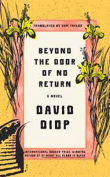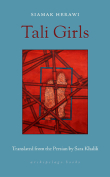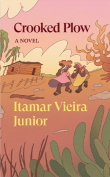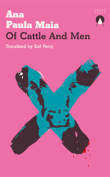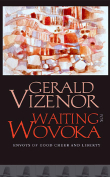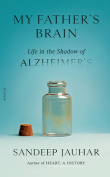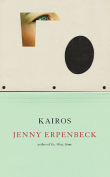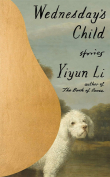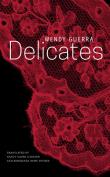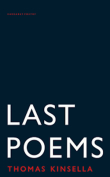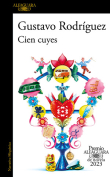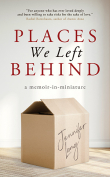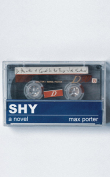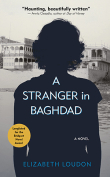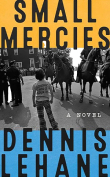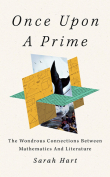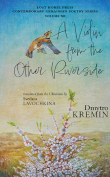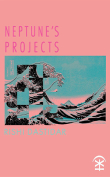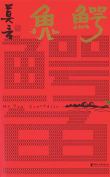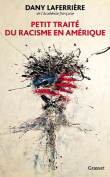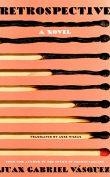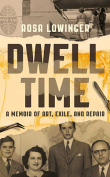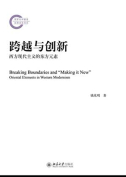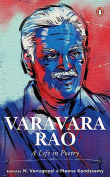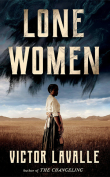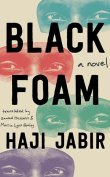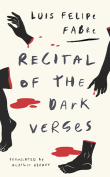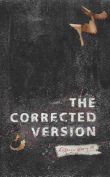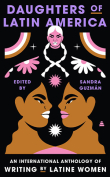The Corrected Version by Rosanna Young Oh
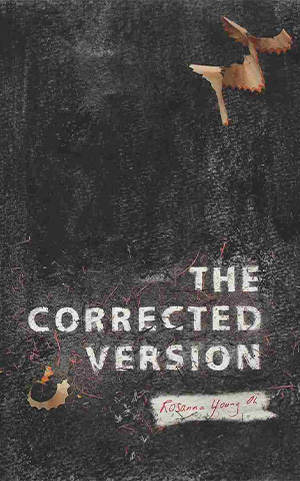 Richmond, Virginia. Diode Editions. 2023. 68 pages.
Richmond, Virginia. Diode Editions. 2023. 68 pages.
Rosanna Young Oh’s debut collection, The Corrected Version, is multiheaded in its origins and reflections. These poems descend with unflinching eye to feast on the personal and the vulnerable, and through this prism explore the wider contradictions with which a writer of diaspora must grapple. The poems of The Corrected Version are ones of departure and stranding, and consequent metaphysical longing. In a collection that abounds with transportations to faraway landscapes and with Korean mythos, the author’s parents and familial figures are lodestones to understanding the frustrations of immigration. Tellingly, in “Erasures,” she writes of her father: “his favorite story is the myth of Odysseus” and “Maybe he’s erased too much of himself / in his pursuit of a ‘life.’”
These tensions between the folklore of homeland—a heroic mythos of cultural identity—and the disillusionment of American reality, weighed down by working-class industrialism, are palpable. In “Chrysanthemums,” Chŏngju’s reverent appraising of the flower is robbed of its beauty in its American context at a respected elder’s funeral: “Around them, / the chrysanthemums / waxed for the man / who sold them / door-to-door for more / than half his life.” Likewise, in “Picking Blueberries,” the manual and existential labor of sorting rotten from salvageable blueberries for reselling at the family store is coolly summarized: “How, how to price them? $3.99 per pint.” The reader, however, is left with the undeniable impression of how incalculable it is the way the berries burst when squeezed between forefinger and thumb.
Visceral imagery of fruits, plants, and grocery store items haunt the reader throughout this collection like ghosts of the author’s childhood, brimming in the aisles of her parents’ grocery store. The dripping cut watermelon in “Scene with Watermelon from Hokusai” is a reference to the still life by the Japanese painter, but this flora is also one of the many windows through which Oh understands the American landscape as shaped through the economic conditions of her upbringing. The visions are gripping: in “The Gift,” the father, hunched wet-eyed and wet-mouthed over the garbage can eating “a Haitian mango: / all muscle brindled with black and bruises,” or the vision of impaled oranges and smashed cantaloupes; the dutiful immigrant daughter “clacking at the register, / the tips of [her] latex gloves black / from rubbing coins and dollar bills”; or the exhilarating and freeing litany of “Creation Narrative,” naming the very inventory of fruits, vegetables, and plants that constructs the speaker’s recent past and identity.
But Oh makes it clear: the grocery store is at once childhood paradise and purgatory. Glimpses of punitive xenophobic disparagements run as a whispered undercurrent, the way a child hiding under the counter may overhear but fail to discern words exchanged by arguing adults. The boy whose laugh “cut [her] through” in “Homework” is echoed in “The Gift” when a customer attacks: “Give this garbage to your children.” The shame these remarks are meant to engender are manifest elsewhere, both from the speaker and her parental figures, who reject their current American circumstances as reflective of their true origins. In “At the Bathhouses,” the speaker’s mother scrubs “until [she is] inflamed / with scratches all over . . . / betray[ing] / an innermost desire: that [she] / glow so bright, no one will know / [she is] a grocer’s daughter.” During the picking of blueberries, her father’s voice, apropos of nothing, “emerges as though from a distance: / ‘You were not meant to live this kind of life.’” The speaker in “Medusa” confesses:
. . . I unbind
my curly hair, and the ahjummas
at my mother’s salon know:
I am my father’s daughter.
An error that can be fixed
In “Your Lonely Dream,” amidst a dreamscape populated with origami dragons, the speaker reflects: “In your dream, you are the artist you want to become . . . / You realize that you don’t have to listen to our father / or his accusations of elitism and misanthropy.” The speaker intones, insistent: “This melon is from California. / This peach is American.” The figure of these poems, harried, is driven away from the grocery store of her childhood, and a singular American identity, by her parents, her community, and herself. But to where does she flee?
The ancestral homeland and its mythic folklore are powerful origin narratives in Oh’s hands. The reader travels with her on this Odyssean journey: we grow to understand the tragic folklore of both the moonstruck woodcutter and the angel whose wings he has stolen in “The Problem with Myth.” We trail the village seamstress up the mountain amongst the pines, breathless, “On the climb to her death / . . . one hand swollen red from the needles, / the other clasped around her son’s neck.” Snow falls in Honshū “above the westernmost band of trees where the snow monkeys roam— / . . . nestle[d] into a brooding huddle, a phalanx / set against the tempest.” Buddhist figures and monks recur and burn like flames in mist: a young monk runs away to the temple after “read[ing] a book that a great monk wrote”; a lone monk stands before the sea, “the only vertical in an endless expanse of sky / bereft of a storm to console us,” while another submits himself to immolation—“a life-sized bulb of flames . . . / spread out petals . . . / The scent / of oiled cloth and flesh tattoo[ing] the street”; and the speaker and her mother burn letters to deceased loved ones, a fire that “looked like an act of violence / or protest” but “is self-sacrifice, / something more outrageous.” Like the speaker, we are left to wonder with quiet devastation “if fire heals the pain it brings about, / if fire works from the inside or out.”
Why does the collection’s narrative travel here? Oh stuns in her answer, in poetically restructured myth:
So, this is where forgiveness begins,
just as the Buddhist parable
promises—
the young mother who,
after failing to find a single house
untouched by death
and surrendering her dead boy to
the forest,
appears before the Buddha,
her grief finally calmed, with up
raised palms
free of mustard seeds.
The speaker’s grandparents grow frail and fade; her mother dies; and her father, aging, “is a man, not a god. / [And she is] his daughter.” In reconciling with familial aging and death, finally, Oh paints for us a reclamation and celebration of both folkloric and personal ancestry, of both diasporic and local origin. The Cyrano-esque self-effacement ends: the everyday is made legendary. The father’s fixing of a broken freezer is a pedestrian Herculean labor; the woman frying an egg is superimposed over and inseparable from her epic foremothers; the flies swarming above the dump are harbingers of Nirvana; and, yes, even the local grocery store is made mythic. Sublime, evocative, and mystic, Oh’s The Corrected Version marks the arrival of a major poetic voice.
Schneider K. Rancy
New York

